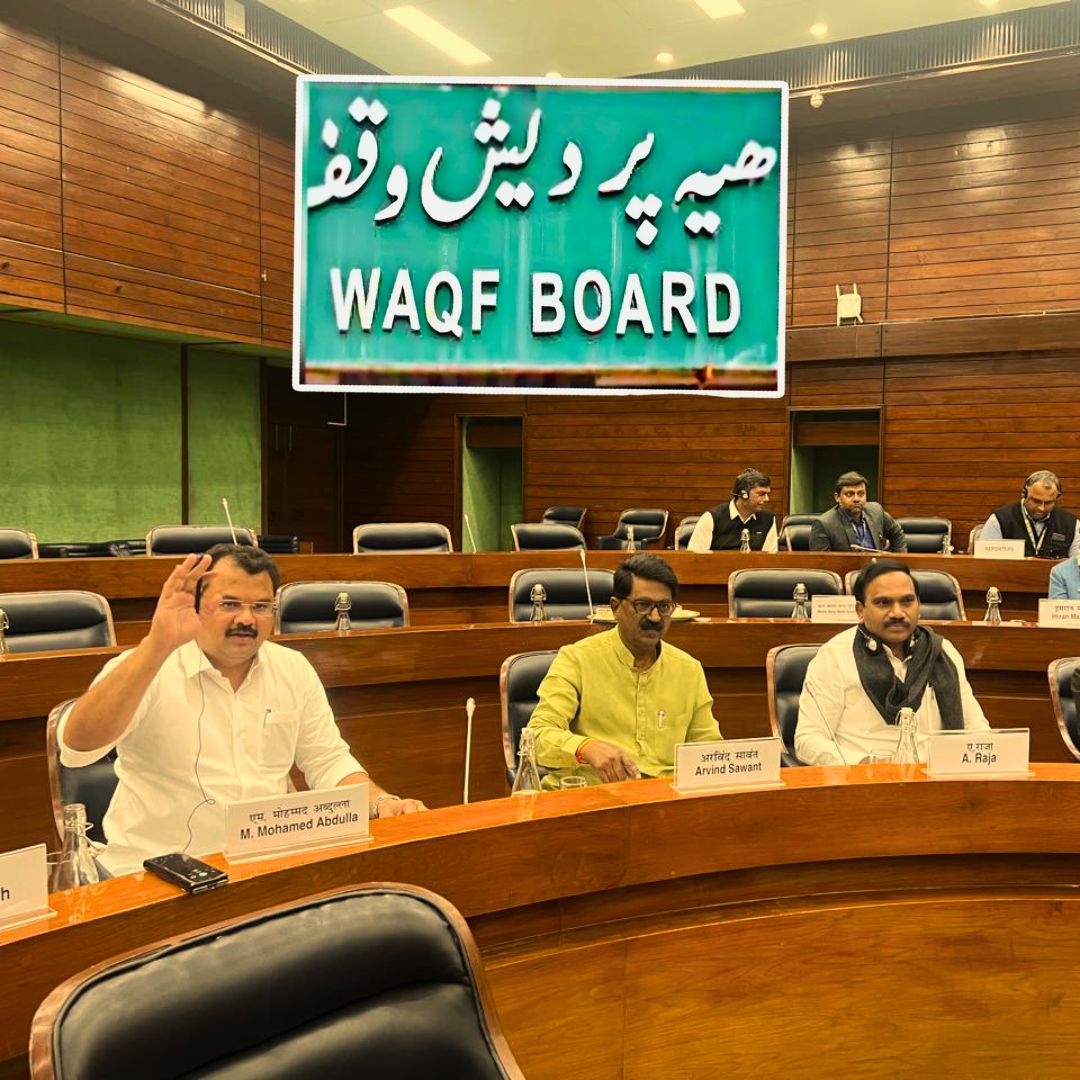The Joint Parliamentary Committee (JPC) has approved the Waqf Amendment Bill with 14 amendments proposed by BJP-led NDA MPs, igniting controversy over the legislative process and its implications for minority rights. While supporters hail the amendments as a significant step toward streamlined governance, opposition members criticize the move as biased and lacking transparency. Here’s a breakdown of the key developments:
Key Amendments Approved
On January 27, 2025, the JPC cleared the Waqf Amendment Bill, introducing crucial changes to the governance of Waqf boards in India. Among the most notable amendments are:
- Removal of Provisions: Existing Waqf properties can no longer be questioned based on “Waqf by user” if used for religious purposes.
- Enhanced Clarity: Administrative procedures have been clarified to reduce disputes over Waqf property claims.
- Simplified Management: Processes for Waqf boards to manage assets have been streamlined, reducing bureaucratic hurdles.
- Non-Muslim Representation: The bill mandates at least two non-Muslim members on Waqf councils, which has sparked debate over its implications for representation.
- Determination of Waqf Status: A state-nominated officer will now determine if a property is ‘waqf’, replacing the previous authority of the District Collector.
JPC chairman Jagdambika Pal stated that these changes aim to protect the interests of religious endowments while improving their governance. Supporters believe these reforms will safeguard Waqf properties from mismanagement and enhance administrative efficiency.
Reactions from Supporters and Critics
Supporters’ Perspective: Proponents of the bill argue that it will:
- Improve governance by addressing ambiguities in existing regulations.
- Provide better protection against encroachments on Waqf properties.
- Create a more efficient framework for managing religious endowments.
Opposition’s Concerns: However, opposition MPs and activists have raised significant concerns:
- Lack of Transparency: Opposition MPs, including TMC’s Kalyan Banerjee, described the legislative process as “dictatorial,” claiming their proposals were dismissed without adequate consideration. Banerjee condemned the proceedings as a “farce,” asserting that no rules or procedures were followed during discussions.
- Impact on Minority Rights: Critics fear that increased government control over Waqf properties could undermine the autonomy of Muslim communities.
- Exclusion of Minority Voices: The suspension of ten opposition MPs from committee proceedings has intensified allegations of bias. These MPs had previously expressed concerns about not having sufficient time to study the proposed changes.
Background and Context
The Waqf Amendment Bill was first introduced in Parliament in August 2024 to reform the governance of Waqf boards and address long-standing issues related to property management. The JPC was tasked with reviewing the bill but faced delays due to disputes over proposed changes.Tensions have risen amid growing concerns about minority rights in India. The timing of the bill’s passage, ahead of the Delhi Assembly elections on February 5, 2025, has fueled speculation about its political motivations.
Implications for Minority Rights
The amendments carry significant implications for Muslim communities that rely on Waqf properties for religious and social purposes. While supporters see these changes as an opportunity to improve efficiency and safeguard assets, critics warn of potential overreach and encroachments on religious freedoms.Legal experts caution that if not implemented transparently, these amendments could set a precedent for further encroachments on minority rights. Activists are calling for greater inclusivity in the legislative process to ensure all voices are heard and minority communities are not marginalized.
Conclusion
The approval of the Waqf Amendment Bill marks a pivotal moment in the governance of religious endowments in India. While the reforms promise streamlined management and better protection of assets, the surrounding controversy underscores an urgent need for transparency and inclusivity in legislative processes.
As India approaches the Delhi Assembly elections, this development raises critical questions about balancing necessary reforms with the protection of minority rights. How can lawmakers ensure that legislative changes strengthen rather than divide our diverse society? Engaging in dialogue among all stakeholders will be essential for fostering understanding and cooperation moving forward.












